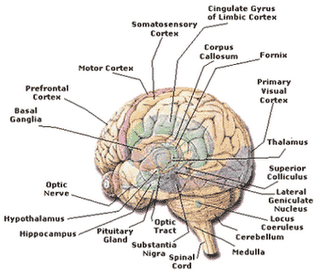In the Spotlight From My Health E Vet
* Back to The Latest and Greatest Newsletter
Painful Memories
Do not click on the link if you do not want to hear the F word.
Many people have had life experiences that may cause painful memories. Painful memories may have their origins in a posttraumatic event. It may be a childhood trauma, a war experience, remembering a medical treatment, sexual trauma, and so on.
 Veterans may go through many life–changing events while serving our country. The media often distorts some of the more intense, powerful events Veterans’ encounter. Our Veterans proudly served with honor, yet sadly, some have had experiences that alter their lives, their health, and that of their families. In fact, PTSD experiences can actually damage the brain, even the way Veterans experience their world. aw.Those experiences can also shape how they cope with daily stress and choices they make.
Veterans may go through many life–changing events while serving our country. The media often distorts some of the more intense, powerful events Veterans’ encounter. Our Veterans proudly served with honor, yet sadly, some have had experiences that alter their lives, their health, and that of their families. In fact, PTSD experiences can actually damage the brain, even the way Veterans experience their world. aw.Those experiences can also shape how they cope with daily stress and choices they make.
Once the event is implanted in the memory, it can continue to torment the individual, even after treatment or counseling.
Everyone wants peace in his or her life and the ability to put painful experiences behind them. If you are dealing with painful memories, it may be a good idea to speak to someone that can help you heal from these memories. You can talk to your healthcare team, a counselor, or your chaplain.
[Notice that all the suggestions are to contact a professional care giver who you can bet has their own agenda that is likely to be more important to them than an anonymous client's welfare.
I'm no professional anything. I'm just an old vet who knows from experience that the most important thing for someone with painful memories to do is to "Build a Resilient Social Network" of people who care for you because you care for them. You know how a trapeze net gives and then springs back up? That is resilience! Your network could include a neighbor, family members, someone from church, friends you can talk to without being hassled. Fellow veterans are often the easiest for someone with painful memories to share with.
You need a friend? Be a friend. You know that.]
Here are some additional resources that may help:
Posttraumatic Stress Disorder (PTSD) (My HealtheVet Condition Center)
Coping with PTSD and Recommended Life Style Changes (National Center for PTSD)
Managing Stress and Recovering from Trauma (National Center for PTSD)
Helping Yourself Heal: A Recovering Woman’s Guide to Coping with the Effects of Childhood Abuse (PDF) (HHS)
Helping Yourself Heal: A Recovering Man’s Guide to Coping with the Effects of Childhood Abuse (PDF) (HHS)
Veterans and Military Health (Medline Plus)
Updated/Reviewed: June 30, 2009